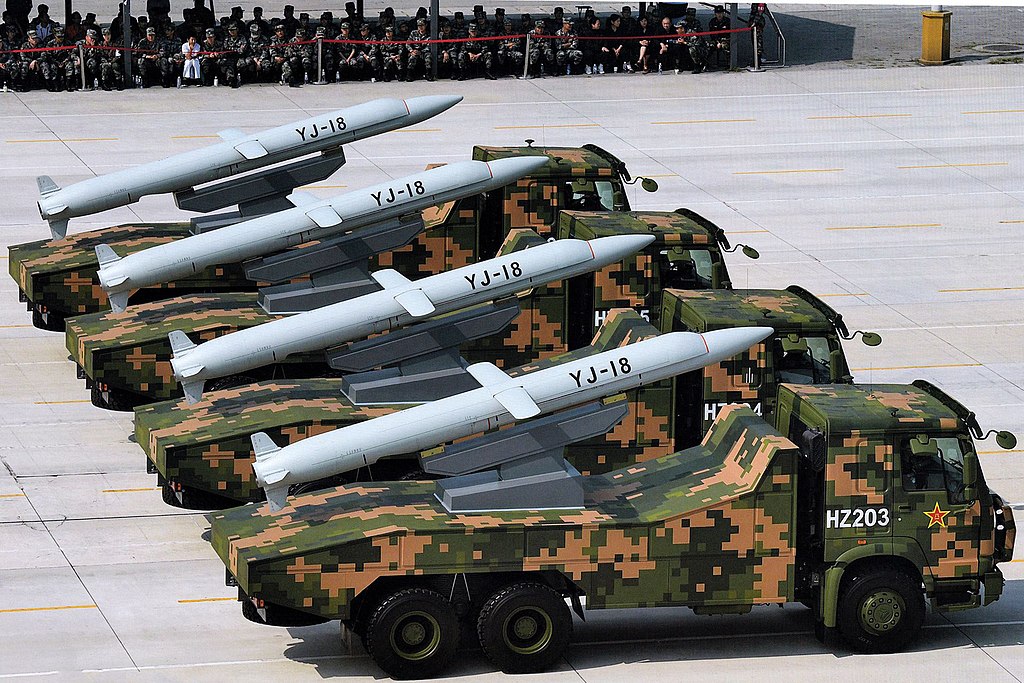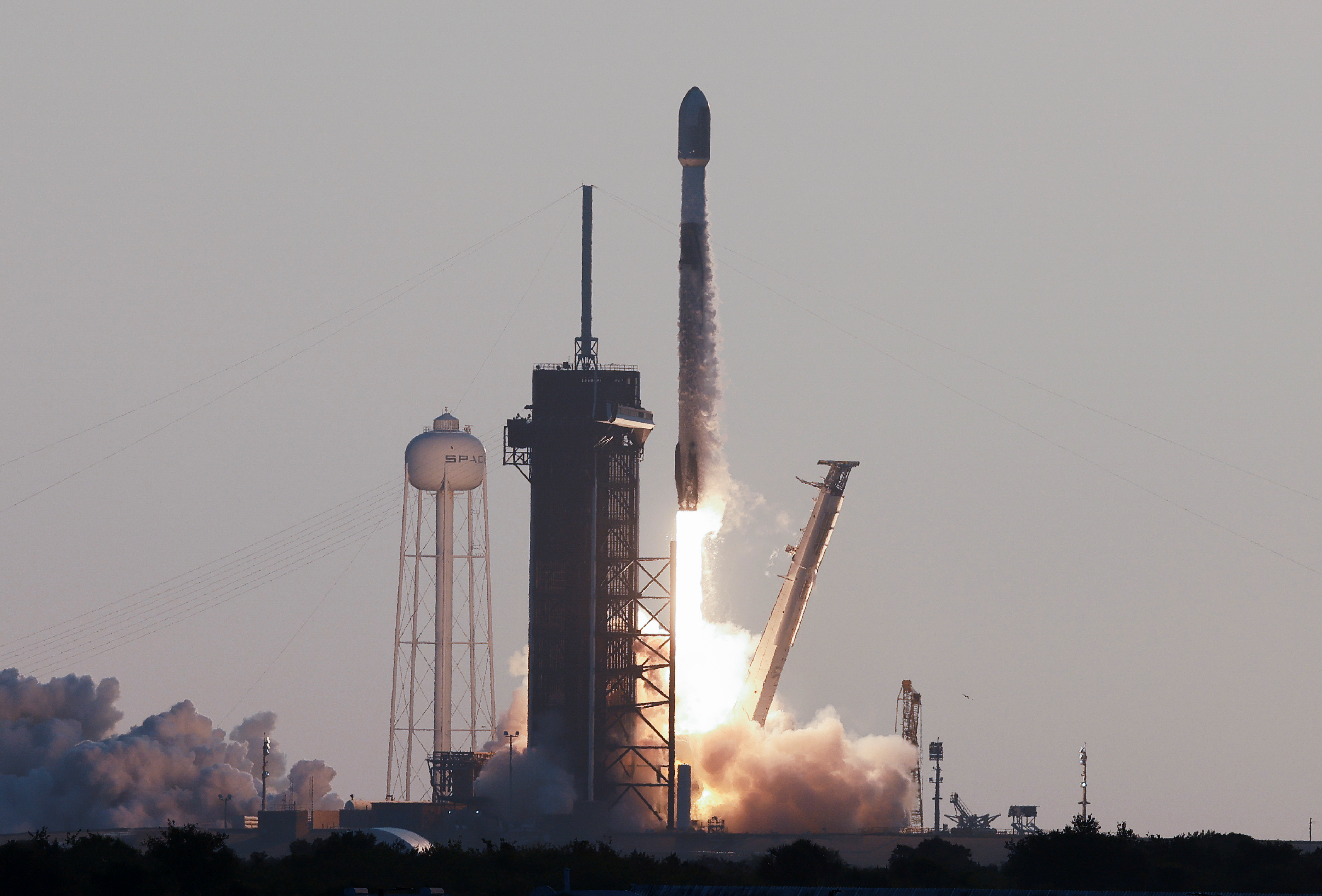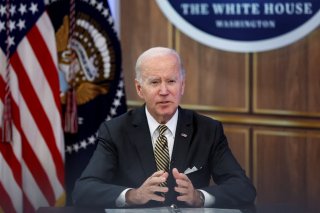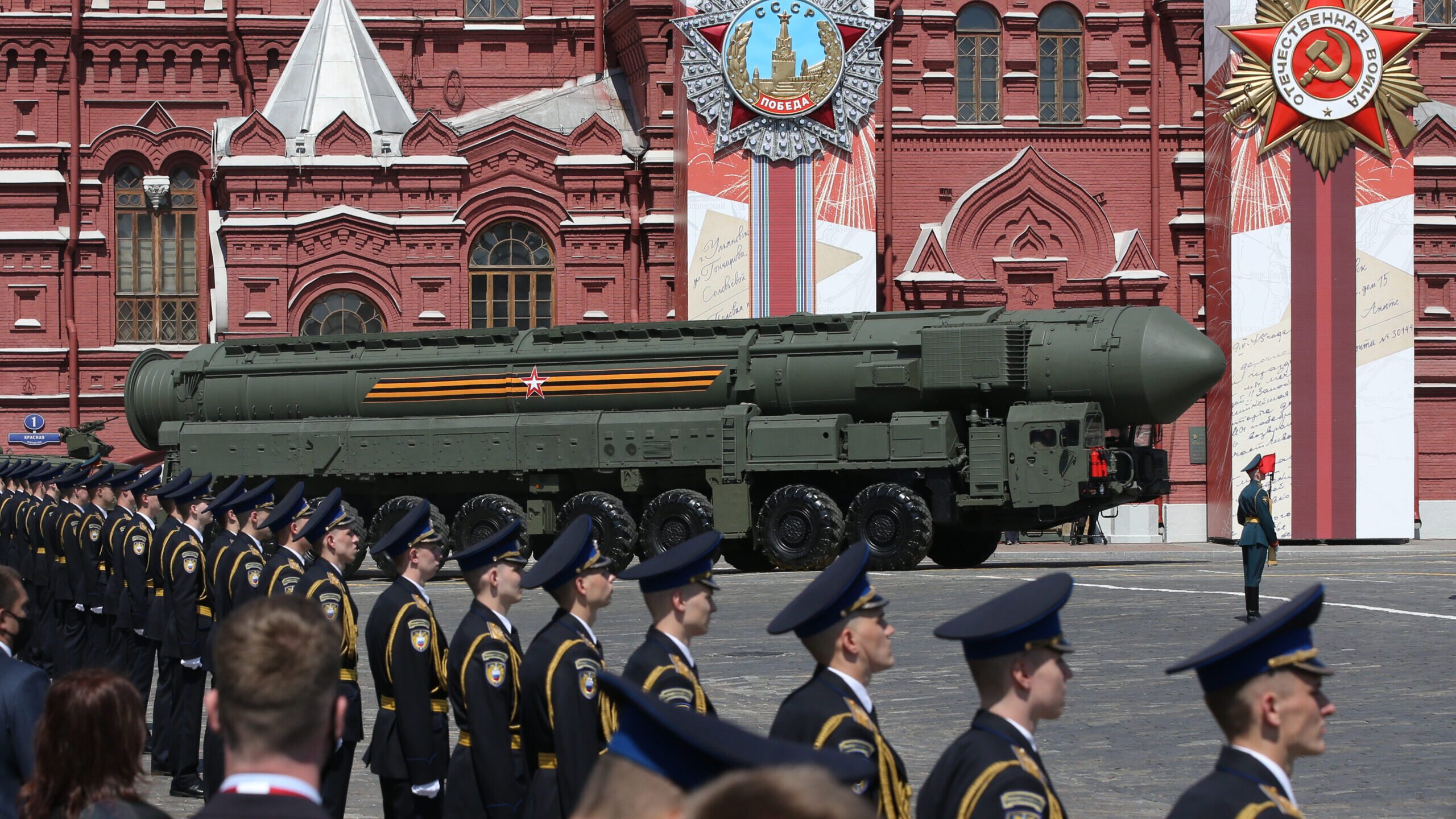Samuel Strickland

In August, a photograph of China’s Dalian shipyard surfaced on Chinese social media site Weibo showing five hulls of Luyang III–type vessels under construction. Once completed, these destroyers will sail out into blue waters, projecting the might of the Chinese navy and carrying with them a lethal high-tech projectile—the YJ-18A missile. Able to severely damage a warship with tens of thousands of tons of displacement in a single strike, the YJ-18A can sprint up to Mach 3.0 before impact and carry a 300-kilogram warhead. The result is a serious threat to US carrier strike groups in the South China Sea and beyond.
While the YJ-18A is designed to skim just five to 10 meters above sea level, it is also an example of China’s growing sophistication in outer space. The missile, designed to be almost impossible to intercept, relies on a constellation of Chinese satellites known as BeiDou.
While the civilian benefits are numerous, BeiDou is primarily a military technology. Similar to the United States’ GPS, China’s BeiDou is used to provide position, navigation and timing services to users. The catalyst for the development of this satellite system was likely the 1996 Taiwan Strait crisis. During a campaign of electoral intimidation aimed at Taiwan, the People’s Liberation Army fired missiles into the strait. However, the campaign backfired when a disruption to its GPS access caused China to lose track of its own missiles. BeiDou was announced shortly afterwards.










